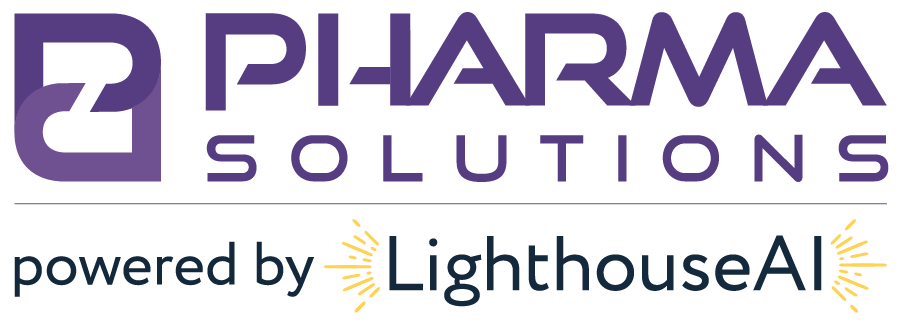The Unforeseen Consequence of Colorado’s Insulin Price Cap
Photo courtesy of the Los Angeles Times
Drug pricing has been a huge, very public issue over the past few years. Scandals have touched every part of the pharmacy world – brand drug companies have felt Congress’ wrath, compounding pharmacies are being taken down everyday due to fraudulent billing, and generic drug companies have been caught colluding. And that isn’t even to mention the PR nightmare that was Martin Shkreli. So, it is no surprise that the government has sprung into action. Recently, Governor Jared Polis of Colorado recently signed a bill into law that prices for insulin will be capped at $100 per month starting in January. It comes from a good place – but what are the consequences?
Market Arbitrage in the Pharmaceutical Supply Chain
Since the birth of commerce, there has always been market arbitrage – simply where traders find price discrepancies and then profit from them. In 21st-century pharmaceutical distribution, there is no exception and it is something we have covered extensively. The sheer number of trade classes in the pharmaceutical supply chain, and the differences between them (market power, volume, logistics) lead to significant pricing differences. One of the common trends has been for independent pharmacies, with favorable pricing and/or access, to obtain wholesale licensing and push that product back into the supply chain.
However, this phenomenon specifically relates to “grey-market” diversion, which is significantly more dangerous than pharmacists handling and wholesaling products.
Diabetic Test Strip Diversion
Diabetic test strip diversion has ballooned into a billion-dollar business. Simply, unscrupulous actors will buy already dispensed test strips for cash from diabetic patients. PBMs have previously pushed back on awarding reimbursements on test strips (read an earlier article here).
With this, there is little to no assurance on temperature and humidity standards.
Insulin Diversion
Diversion on insulin is one of the biggest threats to the product integrity of the supply chain because of the sheer volume and ease in which it is completed combined with the lack of quality control. Because some insulin products are “over-the-counter” and no prescription is required, it does not require a Transaction History per the DSCSA.
Diversion of insulin occurs in two major ways. The first is in the same way that test strips are diverted – patients get their insulin covered by insurance and then resell to companies that introduce it back into the supply chain. The second way is that bad actors will visit multiple Walmart locations to purchase the Reli-On brand of insulin for a low cash price – lower than what is available to independent pharmacies. By buying in volume, in cash, there is an attractive profit to be made in reselling to drug distributors or directly to independent pharmacies.
The Colorado price cap on insulin will introduce a significant price discrepancy, which will likely fuel exactly this type of diversion.
Accreditation: Industry Self-Regulation
The solution for this might be as simple as Accreditation from organizations including the National Coalition for Drug Quality & Security (NCDQS) and NABP.
The NABP VDIP® program specifically focuses on the diabetic testing supply market. The NABP VAWD®
Accreditation Program, however, mostly focuses on prescription products and not over-the-counter insulin or test strips.
The new NCDQS Wholesale Distributor Accreditation encompasses multiple aspects of the pharmaceutical supply chain, such as diabetic testing supply and sources, on top of other pharmaceutical quality and security requirements.
About Us
Based just outside of Philadelphia, Pharma Solutions provides actionable guidance and excellent administrative services with a focus on client care across Compliance, Commercial, and Quality solutions. Our mission is to improve the health and welfare of the American public by providing solutions and implementing best practices for companies in the pharmaceutical supply chain.




0 Comments